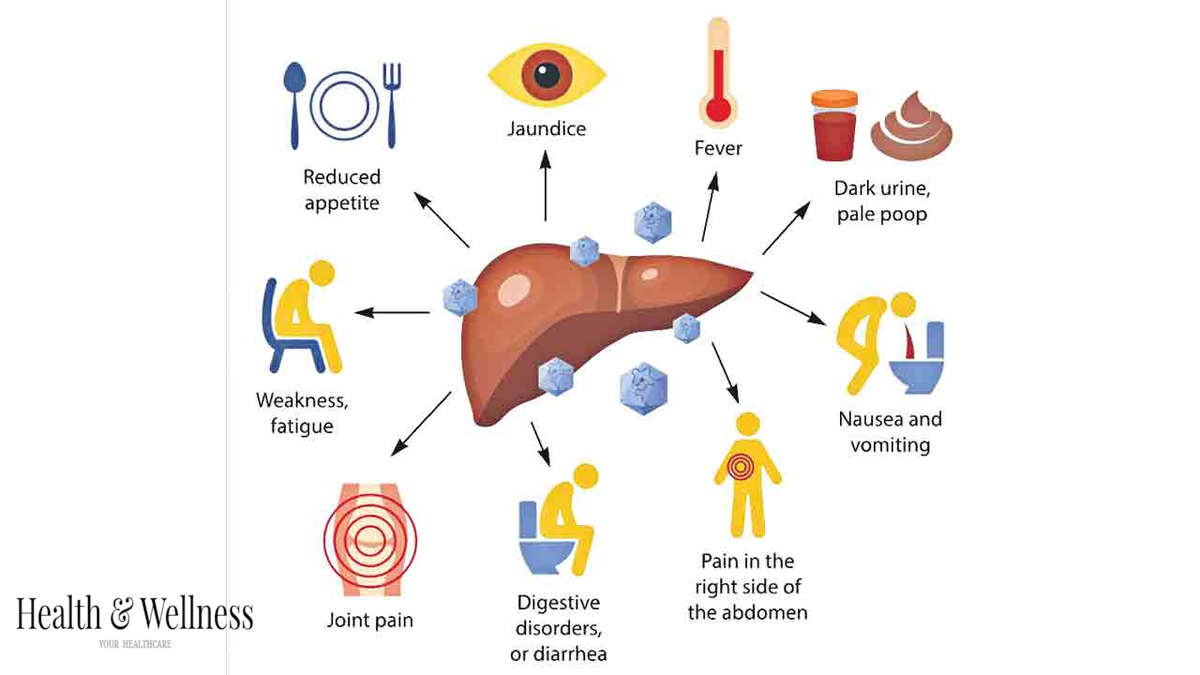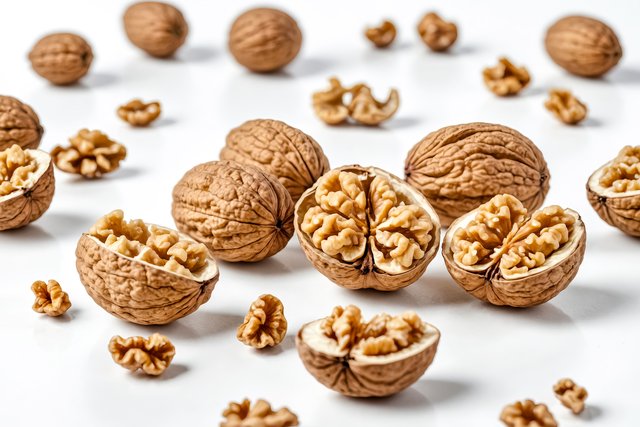Your Nutrition Food Questions Answered-2024

The universe of sustenance can be confounding — don’t eat this, consistently eat that; this is really great for you, this is awful for you. With the web a total snare of over-confounded — and, surprisingly, apparently restricting — thoughts and rules, it tends to be difficult to tell how to move toward your nourishment. Thus, we requested that our Instagram people group send us questions they truly needed to know the solutions to. Here, nutritionist Sinéad Berry responds to the most-sought clarification on pressing issues.
What is your take on protein powders as a method for increasing protein consumption on a plant-based diet?
Protein is fundamental in our eating regimens as we want it for the development, fix, energy and upkeep of our bodies, particularly for bones and muscles. In the UK, the day to day protein proposal for grown-ups is to eat 0.75g per kg of our bodyweight. Overall, a lady ought to have 45g each day (55g for men) — that is around two palm-sized segments. Fortunately, as a rule, the vast majority are generally eating more than this suggestion. There are sure times when you might need to expand your protein consumption, for example, assuming that you’re pregnant, encountering perimenopausal side effects or on the other hand on the off chance that you’re doing serious actual activity.
At the point when we eat protein, our body separates it into amino acids (the structure blocks), which it then reconfigures into a protein it needs. There are 20 amino acids and nine of these should be gotten from the eating routine. Complete protein (which is fundamentally tracked down in creature protein) contains every one of the nine of these fundamental amino acids. Most plant-based proteins (like vegetables, grains, nuts and seeds) are thought of as deficient, yet eating a combination of proteins over the course of the day will give enough of the fundamental amino acids we want. Recall that soy-based food sources, like tofu and tempeh, give total protein, as does quinoa.
All in all, do you have to incorporate protein powder for a sound plant-based diet? By and large, presumably not, for however long you’re including a wide assortment of protein sources in your eating routine. In any case, adding a scoop of protein powder to your smoothie is an extraordinary method for making it a more complete dinner, leaving you feeling more full for longer. In the event that you really do decide to utilize a protein powder, make a point to pick one that is liberated from undesirable sugars and added substances.
Where do I begin with supplements on the off chance that I follow a plant-based diet?
As I frequently share with clients, “You can’t enhance right out of a less than stellar eating routine”. As a general rule, you ought to constantly zero in on a sound adjusted diet to get the supplements you really want to flourish.
With regards to plant-based eats less, a very much arranged and changed diet ought to give almost all that you want, in spite of the fact that there are various significant supplements that might be hard to get enough of, including vitamin B12, vitamin D, iodine, iron, selenium and omega-3 unsaturated fats. So pay special attention to braced food varieties and consider taking fitting enhancements that will furnish you with the fundamental nutrients and minerals that you might get less of.
While picking supplements, there are various incredible veggie lover multivitamins out there that incorporate these particular supplements; consistently look at the fixings and search for ones that don’t contain added substances and fillers. In the event that you’re uncertain or taking prescription, consistently check with a medical care supplier first.
How significant are calories truly? Would it be a good idea for us to be focusing on, or in any event, counting, them?
Calories are utilized to gauge how much energy there is in what we eat or drink. This energy is fundamental for your body to work productively (to develop, move, fix, think, relax). Rules propose that ladies need 2,000kcal every day and men require 2,500kcal to keep a solid weight — any less and you might get in shape; any more and you might put on weight. Be that as it may, the number of calories you that really need is private to you and relies upon numerous things, for example, your age, body size, movement level, or whether you’re breastfeeding.
Calorie counting might be helpful to provide you with a consciousness of your general energy utilization, and the straightforward thought that you’ll shed pounds assuming you eat less calories than you consume checks out on a superficial level. Be that as it may, there’s something else to smart dieting besides only a number. How your body processes calories is extraordinary to you and factors, for example, your digestion or your stomach microbiome may influence how your body answers food. Your body may likewise not retain everything of energy that is delivered; and a few food varieties require more energy to process (like nuts) than others.
Recollect that the quantity of calories in a food doesn’t direct the way in which nutritious it is. For instance, avocados are high in calories yet loaded with goodness; and a doughnut is high in calories however has a totally different dietary benefit. The effect of cooking and handling is likewise something that a carbohydrate content doesn’t consider. Super handled food sources have had to deal with modern cycles that essentially change their construction, typically leaving them higher in calories and low in supplements.
So precisely counting calories is interesting, as well as tedious; there’s additionally the potential for it to prompt prohibitive or undesirable ways of behaving where nutritious food sources are being barred on account of their calorie content, or much of the time incorrect following instruments are being utilized fanatically. As opposed to zeroing in on counting calories, we ought to rather be thinking about the nature of our eating regimen overall and holding back nothing diet that is brimming with negligibly handled, nutritious wholefoods.
How significant is it to screen your glucose on the off chance that you don’t have an ailment that requires it?
Glucose observing is a hotly debated issue in the health world yet the idea of utilizing a consistent glucose screen (CGM) is the same old thing — for individuals living with diabetes, day to day glucose checking is a need. For sound individuals, there’s as of now no powerful proof appearance that checking your blood glucose prompts further developed wellbeing. It’s completely typical for glucose levels to vary over the course of the day and on the off chance that this is going on inside a solid reach, there’s compelling reason need to stress over checking your glucose.
That being said, very much controlled glucose levels might decidedly affect everything from energy levels to temperament, rest and desires, while additionally possibly lessening the gamble of persistent illness. It’s additionally essential to take note of that while our glucose levels might be impacted by what we eat, factors, for example, stress, rest and chemical variances likewise have some effect.
Does when you eat, or the timings between, your feasts matter?
We realize that what we eat may influence our wellbeing however presently we likewise know that when we eat may likewise have an effect — there’s some proof that huge dinners eaten late around evening time might be connected with heftiness, though having breakfast has been related with a diminished gamble (1). Proof likewise recommends that feast routineness is connected with lower glucose reactions, where eating each 3 to 4 hours (and trying not to skip dinners) may assist with glucose balance (2).
Present day life doesn’t make this simple however — our days are a lot more occupied and requesting, with extended periods of time, night shifts, skipping feasts, eating in a hurry, and fly slack all being normal events for some. This disturbance of our normal circadian rhythms (our inner body clock that manages everything from chemicals to processing) may influence our craving and absorption, especially affecting the chemicals ghrelin (hunger chemical) and leptin (satiety chemical). Steady dinner examples can assist with managing these chemicals and keep up with sound yearning signals.
Tuning into our body clock and eating when our body is more ready to use our food might better help our wellbeing — eating food during light hours, when your body is more insulin-delicate, may further develop glucose control, safeguard your metabolic wellbeing and backing solid weight (3). Notwithstanding, our food decisions and piece sizes are probably going to largerly affect our wellbeing. Permitting adequate time between dinners may likewise uphold processing and a solid stomach microbiome as it permits stomach microorganisms time to rest and repopulate, however more examination is required around here.
A one-size-fits-all suggestion about dinner timing may not work for everybody — all that feast timing and recurrence can fluctuate in light of individual wellbeing needs, way of life and inclinations. It’s essential to pay attention to your body and track down a standard that works for yourself as well as your general prosperity. As examination into dinner timings and discontinuous fasting proceeds, our ongoing spotlight ought to be on accomplishing a solid adjusted diet brimming with assortment.






